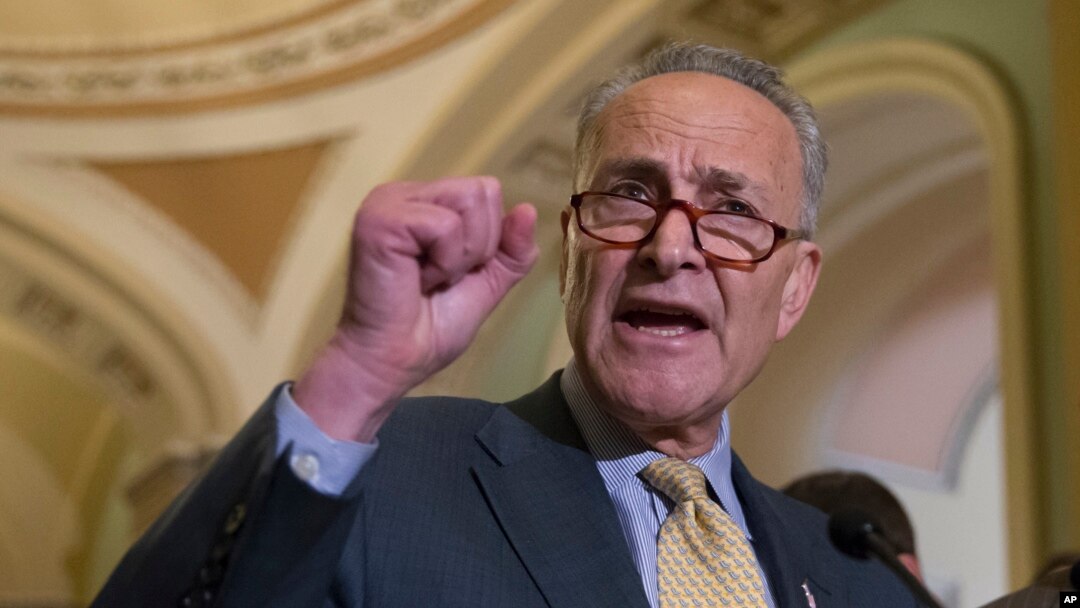The top Democrats on Senate committees responsible for vetting President-elect Donald Trump's Cabinet nominees said Thursday his picks should not advance to a Senate vote without completing a financial disclosure form and responding to "reasonable requests for additional information."
The statement comes after preliminary contacts with several nominees have failed to satisfy Democrats' expectations for information such as tax returns and other disclosures regarding financial holdings. Several of Trump's nominees are billionaires whose holding could raise conflicts of interest.
"The United States Senate has a rich, bipartisan tradition of vetting nominees to the president's Cabinet," the Democrats wrote in the statement, which was released by Sen. Charles Schumer of New York, the incoming Democratic leader. "We hope to continue that tradition."
Democrats have limited options to block nominees outright because they changed filibuster rules when controlling the Senate in 2013. But they could force longer debates than usual at the start of an administration, when many nominees have traditionally been confirmed on voice votes.
The issue has the potential to produce a major political battle in the opening days of Trump's administration. Democrats could force 30 hours of debate on nominees if they choose, but Republicans can approve them by a simple majority vote - instead of the 60 votes that were required before Democrats gutted the filibuster rule.
Republicans controlling the Senate want to make quick work of Cabinet confirmations once Trump takes office on Jan. 20.
But the group of top Democrats, including those responsible for processing Trump's choices to head the departments of State, Defense and Justice, are insisting that each pick has cleared a background check, filled out a financial disclosure form and "satisfied reasonable requests of additional information."
The potential for conflict involves high-profile choices such as secretary of state choice Rex Tillerson, the chief executive of Exxon Mobil, and Steven Munchin, a former Goldman Sachs executive who's been selected for treasury secretary.




